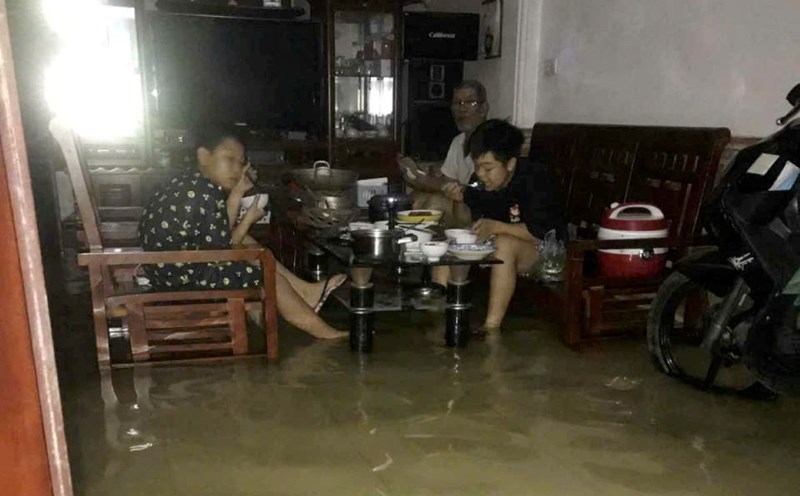The controversy is related to the threat to cut billions of dollars in federal research funding for the government's Ivy League school to suppress the problem of Thai card.
Harvard accused the Trump administration of violating its First Amendment right by freezing funds to exercise power over the school.
Meanwhile, the US Department of Justice argues that cutting funding is a measure to protect against the problem of jewish card making - an issue that the Department of Justice claimed Harvard had not properly addressed, violating the rights of the school's jewish students.
Both sides are now awaiting a verdict from District Court Judge Allison D. Burroughs.
Although Judge Burroughs has said he will make a decision soon after the hearing ends, Harvard is still pushing for a result no later than early September as the deadline for the school to submit a sponsorship application for next year.
Notably, during the hearing, Harvard admitted that there was an Jewish problem in the school but affirmed that the school had taken action against it.
Harvard lawyer Steven P. Lehotsky affirmed that the above situation cannot affect the maintenance of funding for Harvard's scientific research, including research on the treatment of Alzimer disease.
Mr. Lehotsky added that the Trump administration's threat violates First Amendment rights.
The situation became more tense when Judge Burroughs put pressure on the Department of Justice, saying she was jewish and asking how cutting funding could help fight the problem of jewish cards.
Trump administration lawyer Michael Velchik said the government does not want to fund research at organizations that do not resolve the problem of jewish marriage in a way that the government is satisfied with.
Mr. Velchik also disagreed with the way Harvard made his statements.
"Harvard declares the government is against Harvard. I dismiss that. The government supports jewish students at Harvard. The government supports practicing law by practicing law at Harvard, said Mr. Velchik.
Not stopping there, the government further argued that it has the right to cancel the terms of the sponsorship contract if the school does not meet policy priorities.
However, Judge Burroughs eventually said that the government had not fully demonstrated that Harvard did not meet those requirements.











